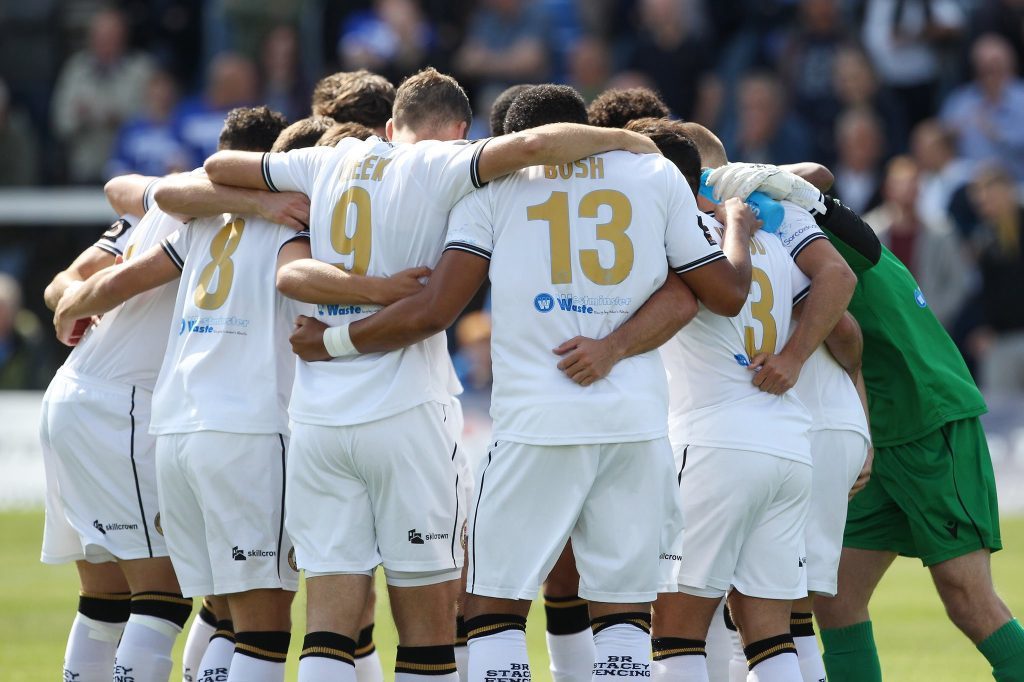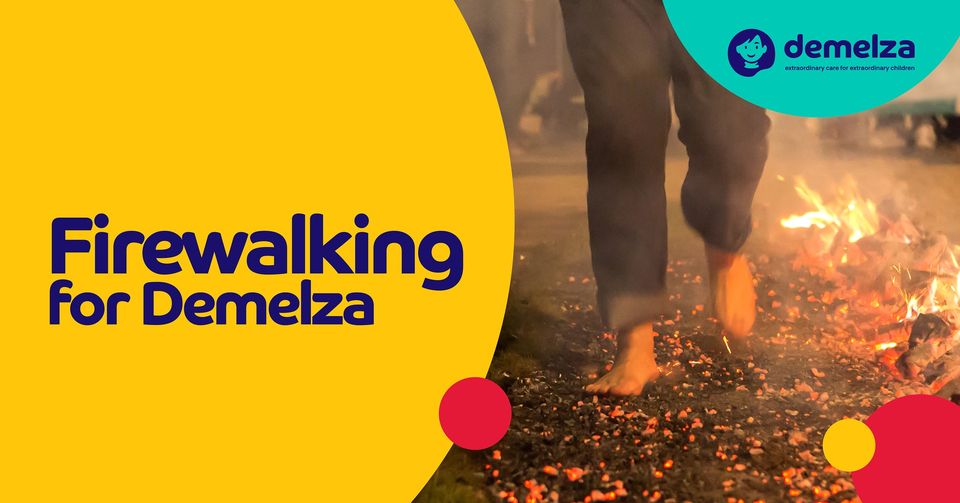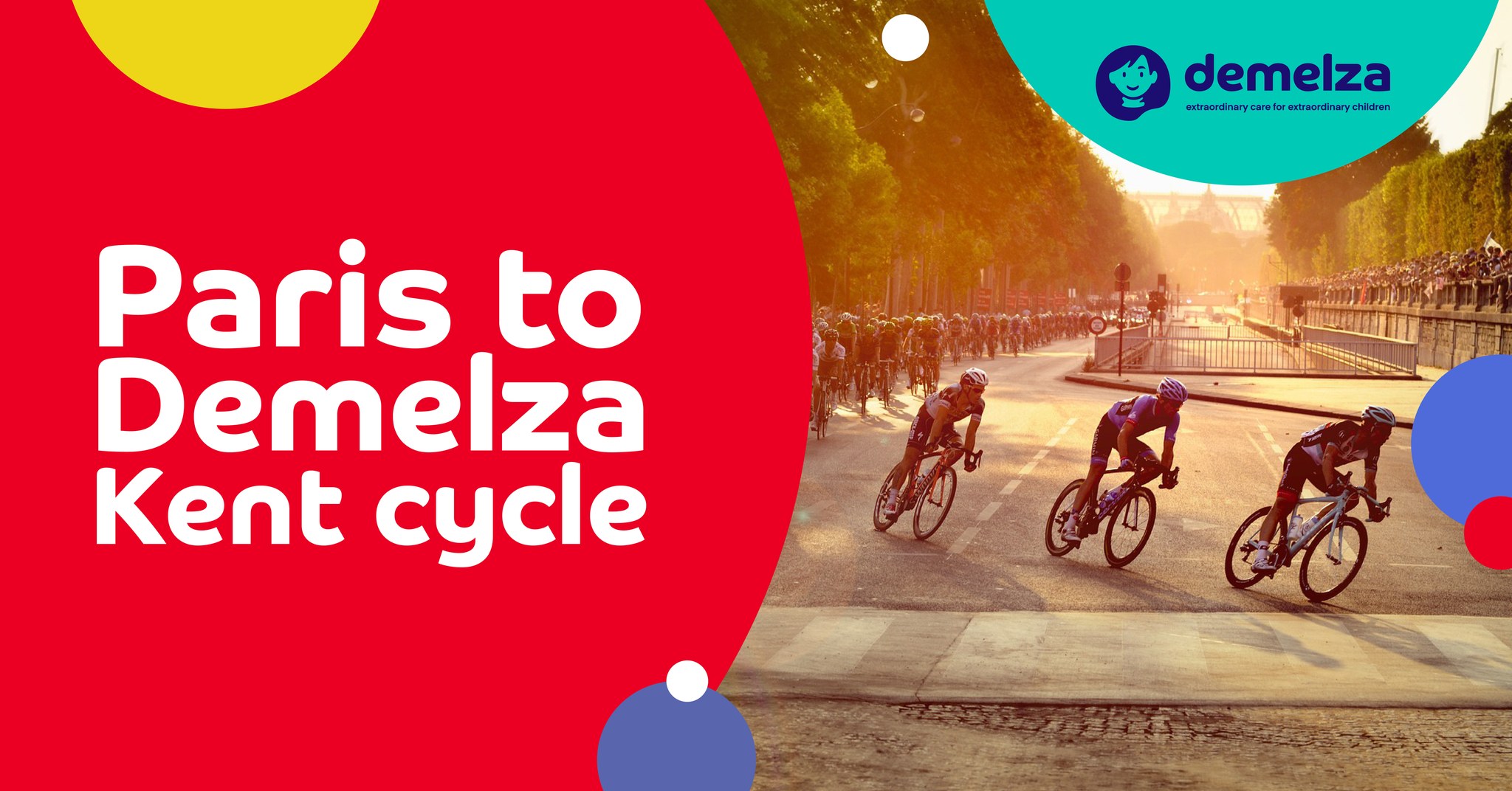In the final part of the Bromley Football Club season review, Colin Head looks at how and why the Ravens poor form continued up until the pandemic outbreak and the lessons learnt upon reflection.

February
Neil Smith’s side had a tough February, which started with a 2-1 loss at Halifax Town before picking up a point at home to Solihull Moors drawing 2-2, coming back from two goals down. From there, though, came three consecutive losses at Stockport County 1-0 and at home to Wrexham 2-0 and Sutton Utd 1-0.
The problems in attack were clear from the stats, The Ravens failing to score in three matches, despite creating several good chances, all the time letting in preventable goals at the other end.
Smith’s reaction following the Sutton game was realistic and honest about the current form and performances from his side. Not interested in excuses about brilliant goalkeeping displays or tales of woe about poor refereeing, he challenged his squad to step up and prove they can perform at this level by taking their chances and defending solidly.
March
As the National League season headed into March, with only nine games to play, Bromley had slipped to twelfth in the table after a difficult start to 2020, only picking up a single point in February, to add to the three they amassed in January and going from looking like certainties for the play-offs to mid-table mediocrity. They began the month with Adam Mekki coming back and starting in a hard fought 1-1 draw at Harrogate Town live on TV. The Ravens equalising with an own goal late on. The signs of a revival were there and with injured players returning and a home game against Chorley up next there was a chance for a morale boosting win.

However that game would not be played as COVID-19 pandemic caused an early halt to the National League season with Bromley sitting thirteenth with 52 points from 38 games. Much like other National League teams Bromley then sat in limbo for weeks on end waiting for the National League to decide on the status of the season. This left all National League clubs not knowing what to do with player contracts and recruitment with all income ground to a halt.
April
Due to the fact that there was absolutely no income coming into the club with operations effectively shut down by the government, the club announced that all staff would be furloughed. The club guaranteeing all staff would receive 100% of their wages until the end of May, before reviewing the situation then.
Prologue
‘Where did it all go wrong?’ was an often asked question on the various supporters’ social media platforms, how did a side that was top of the table in the Autumn find itself half way down the league by March?
There were many major factors that saw the club struggle to keep together the side that started so well, injuries and suspensions kicked in and key players became unavailable for long spells.
Keeper Mark Cousins injured his shoulder, which kept him out for four months as well as centre back Marc Anthony Okoye being forced to retire with a knee injury. Fellow centre back Chris Bush was missing for several games with various suspensions. These players had been key to the fine start the team had made as was George Porter who was banned for a year for gambling offences in September.
Striker Michael Cheek, who was an inspired signing, continued to score goals and lead the line as a lone forward, but his workload has been huge with fellow striker Adrian Clifton having been injured and to date had not registered a goal for the club. Consequently when Cheek’s performances understandably dipped there was no-one to pick up the slack. The loss of goal scoring inside forward Reeco Fairchild-Hackett cannot be underestimated either, the 21 year old joined Portsmouth in early January leaving a huge gap which wasn’t filled. Despite the signings of Andre Coker, Corey Whitely and Aaron Rowe on loan none failed to match the goal threat Hackett-Fairchild provided.
Other loan signings did prove to have a positive impact, but Rarmani Edmonds-Green, Alfie Doughty and Michael Klass were all re-called by their clubs.
Loaning out Adam Mekki to Ebbsfleet and Coker to Kingstonian left fans baffled, Mekki has been in good form since moving down the road and Coker was given less than ten minutes on the pitch in total, but still scored once.
Attendances kept around the 2,000 mark at Hayes Lane for home games, but there were the first significant grumbles of dissent at full time against Sutton.
Smith had always played down the chances of promotion this season, owner Robin Stanton-Gleaves was very vocal in pre-season about the club’s ambitions and certainly raised the expectations of some supporters who now felt the team was under achieving.
Whether we resume the season at any stage or call it null and void is still up in the air, as is where any Non League Football Club will be financially once this is over.
Whatever the final decision it is clear that for four months of the season Bromley were on course for their best ever league campaign and it is those ingredients that Smith will be hoping to replicate this season or next.





